Ely Amador
Bilingual Transitional Kindergarten Teacher
Berkeley Unified School District
Announcing the winners of the 2025 Tools Competition!
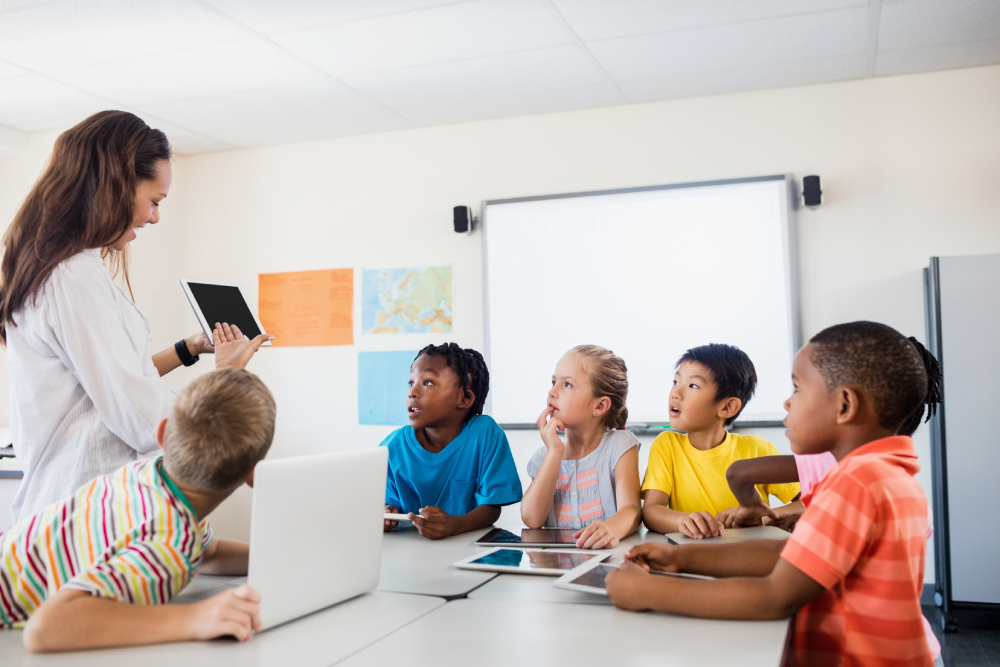
This may include, but is not limited to, tools for:
This track is open to United States competitors only. We welcome proposals from teams or individuals from all backgrounds, including researchers/universities, edtech companies, educators, or students (undergraduate or graduate).
Based on the most pressing needs in learning and learning technologies, a subset of awards will be reserved for tools that:
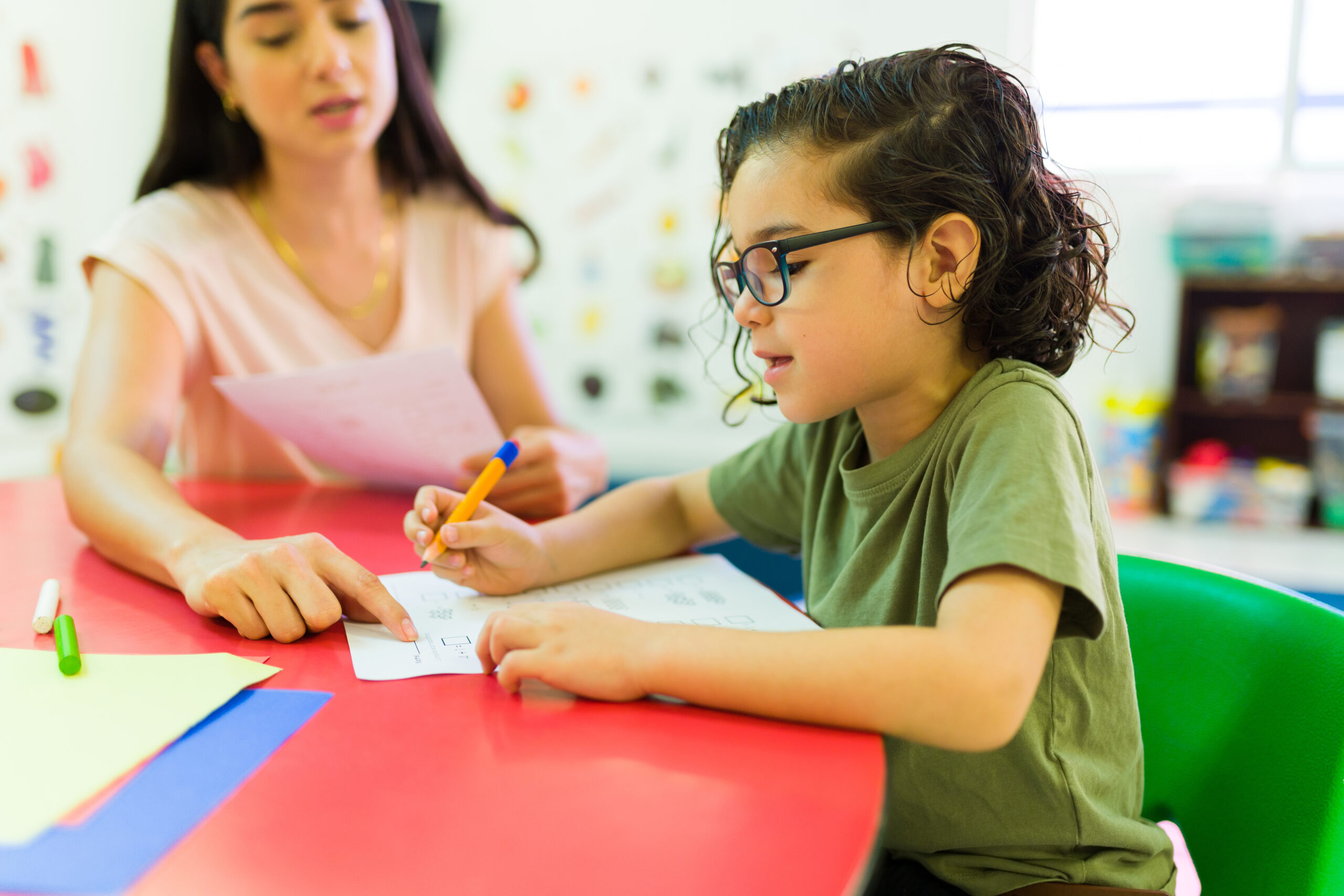
Tools Competition judges play a critical role in selecting Tools Competition Winners and bring expertise spanning philanthropy, research, industry, and education. Judges will hear virtual pitches from finalists in Phase III of the competition.
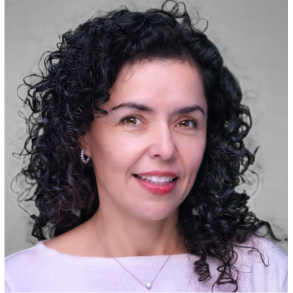

Ely Amador
Bilingual Transitional Kindergarten Teacher
Berkeley Unified School District














Deputy Superintendent for Early Learning
District of Columbia Office of the State Superintendent of Education






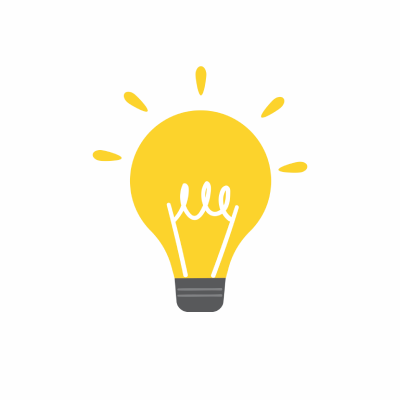
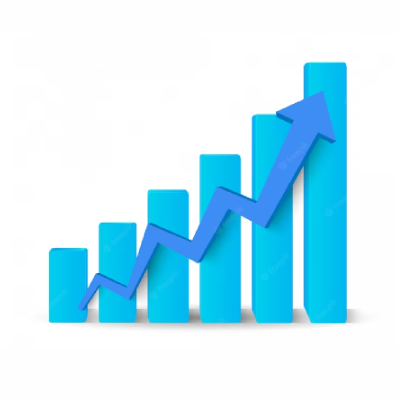
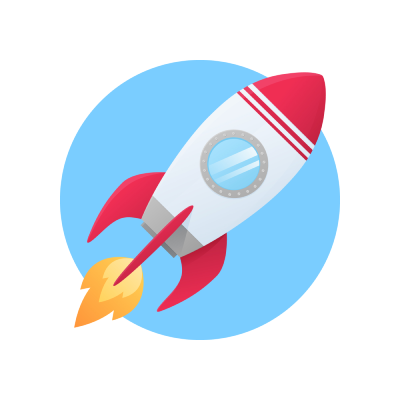
Determine whether you are eligible to apply for the OpenAI Learning Impact Prize (optional).

Supplemental funding of $100,000 is available to select winners at the Growth or Transform level that form or expand a partnership to co-design, user-test, pilot, or validate their product in publicly-funded preschool settings. Competitors may also describe an existing relationship with a state educational agency (SEA), local educational agency (LEA), public Pre-K or Head Start program, especially one that predominantly serves Black and Latino children and children from low-income backgrounds.
In Phase I, competitors will indicate if they intend to compete for the Implementation Impact Prize. In Phase II, competitors will detail their partnership plan and submit a letter of agreement from the partner.

OpenAI will select up to three recipients of the OpenAI Learning Impact Prize among competition winners who will receive $100,000 in additional funds, $10,000 in OpenAI API credits, and technical guidance from OpenAI engineers. Select contenders will also receive $2,500 in OpenAI API credits.
Competitors across all tracks that indicate an interest in being considered for this award will complete additional requirements when submitting their proposal materials.
Novelty of the tool
and technology
Potential impact and likelihood to
improve learning
Attention to equity to support learning of historically marginalized populations
Demand from learners, families, and educators
Ability to support
learning engineering
Ability to scale to additional users and/or domains
The Tools Competition funds edtech tools and technologies that support learning outcomes and can contribute to learning science research.
Eligible tools have the potential to generate novel learning data that researchers can study to better understand learning at scale. This may include an app, software, algorithm, or other digital technology that facilitates or supports continuous data collection and has the potential to scale at minimal cost.
Please note that this definition is not exhaustive. As technology continues to develop and innovations are created globally, other tool concepts may also be competitive.
Not sure your tool is eligible? Explore winning tools from previous years or get in touch.
Competitors submit an abstract describing the concept for their tool and responding to the evaluation criteria.
Competitors develop a proposal and budget detailing their tool and its technology and responding in detail to the evaluation criteria. Rubrics will be posted when Phase II opens.